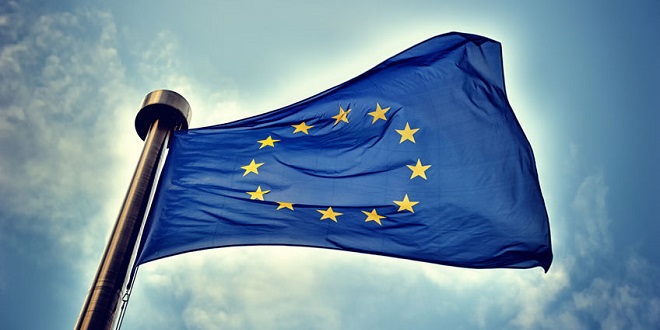
Maarten Haijer, Director General of the European Gaming & Betting Association (EGBA), has urged European Union policymakers to push for the development of a common rulebook on online gambling protections, standards and safeguards.
Writing a guest post on EU news source Politico.eu, Haijer reaffirms EGBA’s position that a reported +12 million European online gambling consumers are being underserved by inconsistent online gambling policies.
“The challenges are obvious: The internet has no national borders, which means Europeans can easily play on gambling websites based in countries other than where they live,” said Haijer. “But the quality of national gambling regulations in the EU varies significantly and there is no consistency between them.”
Detailing inconsistencies, Haijer points to research undertaken by the University of London which outlined that only Denmark had implemented European Commission policies and safeguards on online consumer protections, instructed by the EU in 2014.
The EGBA points to major gaps in customer safeguards against problem gambling, detailing that half of EU member states have yet to implement player self-exclusion registries.
Furthermore, the EGBA details major member state failings in underage age gambling protections, as well as customer record keeping and identification.
Haijer added: “These are major failings in the effort to keep Europe’s citizens and gamblers safe online — and they could easily be avoided. Even some basic safeguards are not available everywhere in the EU.
That is why the EGBA calls for more common EU rules and safeguards to better protect Europe’s more than 12 million online gamblers. A common rulebook would establish the strong and consistent safeguards needed to protect Europe’s citizens, particularly vulnerable groups, such as minors and problem gamblers.”
In 2017, the ECJ detailed that it would no longer enforce EU laws on gambling sector regulations, detailing that national policy, standards and legislations would be ultimately determined by member state governments.
“It is 2019: if the EU is really serious about making the digital single market work for its consumers, there is no reason why online gamblers living in one member country should be less protected than those living in another. It is time to act.”









